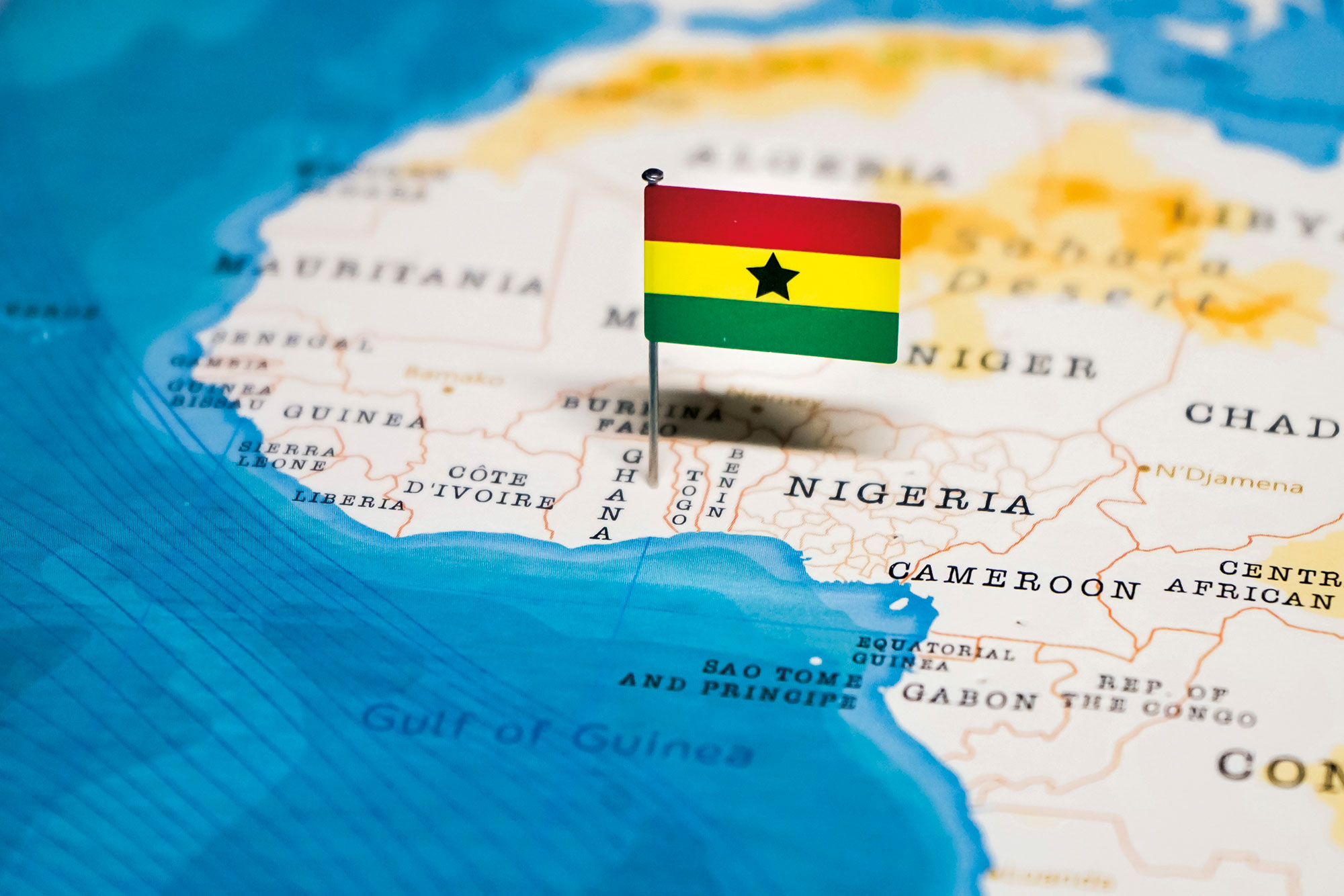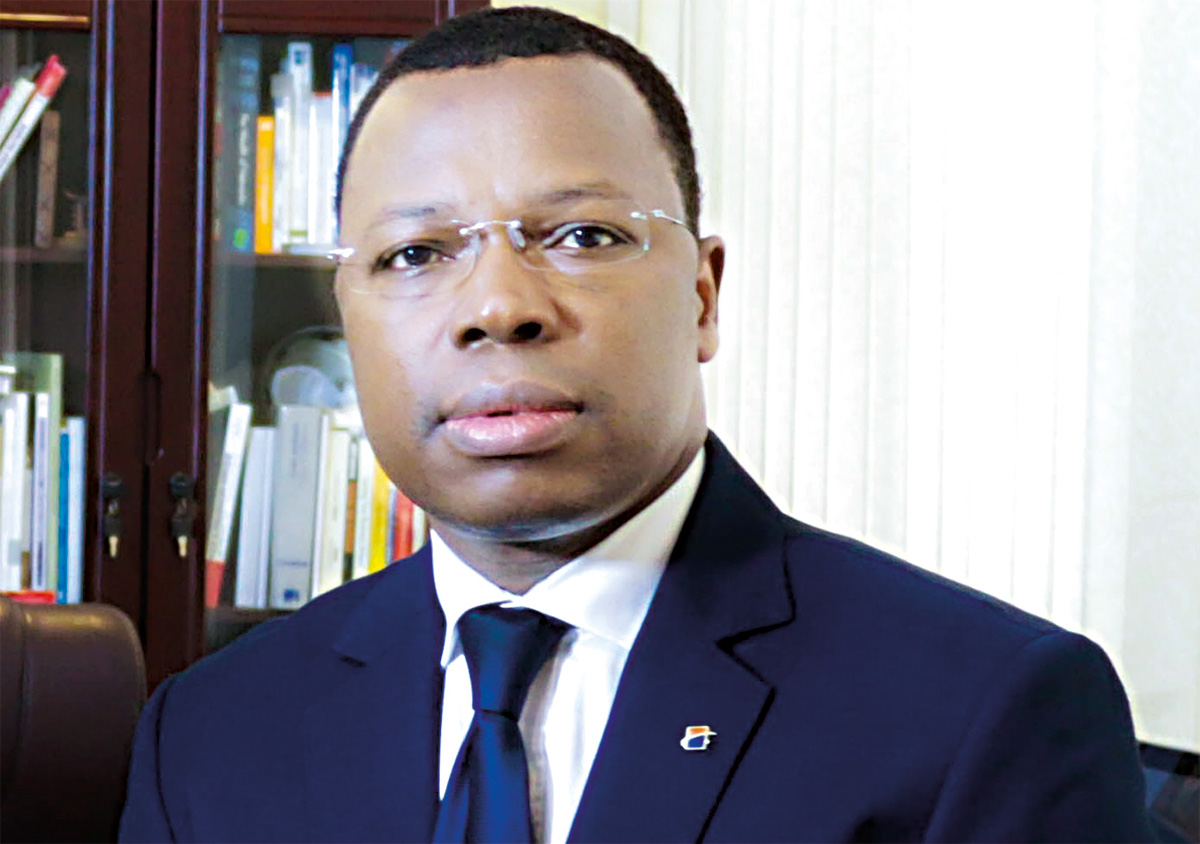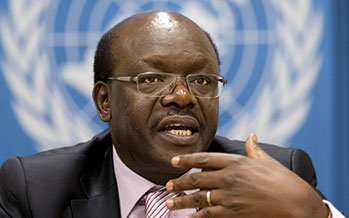[vc_row][vc_column width=”1/2″][vc_column_text]
African Continental Free Trade Area
Ratified (dark green) and light/medium green (not ratified)
There is an African proverb which warns that "only a fool tests the depth of a river with both feet" – which is a pertinent consideration as the continent's 54 sovereign states take a step towards greater economic unity. If the dream of the Africa Continental Free Trade Area (AfCFTA) gets off the ground, it will become the largest economic bloc on the planet, serving a population of 1.27 billion. But before African nations leap in with both feet, there are voices counselling caution. Some are questioning why African economies, under the guidance of the African Union, are seeking greater integration when much of the rest of the world seems increasingly drawn to isolationist policies. During a World Economic Forum debate in South Africa in 2019, Ngaire Woods, a senior research fellow and professor of global economic governance at Oxford University suggested there would inevitably be winners and losers – and she drew a comparison with the European Union and its current issues, particularly with Brexit. Ngaire Woods said that while the project was "a big opportunity", Africa shouldn’t just throw down all the barriers. The consequences of liberalisation, she said, could damage some of the poorest countries. She urged that those driving AfCFTA should keep the political debate and economic advantages together. She said: "You have to pool sovereignty, but if people don’t trust your government; if they think the arrangements only benefit a small minority they will say they want to take back control, and that’s the situation that Britain finds itself in." Even at these early stages of continental union, African countries are cautious, including Nigeria, the largest economy in Africa, which needed many assurances before putting its name to the beginning of the operational phase of AfCFTA. However, many have realised that, currently, it's easier for an African nation to trade with the rest of the world than it is to trade with its neighbour. So while there may be winners and losers, Africa's vastly diverse economies seem to be on course to take the leap.
What trade deals are there with other countries and economic unions?
None
[/vc_column_text][/vc_column][vc_column width=”1/2″][vc_column_text]Member Countries
Country | Population (2018) | GDP Growth (2021, %) | Date Joined |
|---|---|---|---|
11,485,674 | 6.6000 | 07/07/2019 | |
19,751,651 | 6.9063 | 01/04/2019 | |
24,678,234 | 3.4866 | 19/07/2019 | |
15,353,184 | -1.2000 | 01/04/2019 | |
5,399,895 | -3.5000 | 01/04/2019 | |
24,905,843 | 7.0215 | 01/04/2019 | |
971,408 | 4.3097 | 01/04/2019 | |
99,375,741 | 3.3267 | 01/04/2019 | |
1,313,894 | -0.9454 | 01/04/2019 | |
1,391,385 | 7.4261 | 01/04/2019 | |
107,534,882 | 5.6373 | 01/04/2019 | |
2,067,561 | 1.5054 | 01/04/2019 | |
2,163,765 | 5.6265 | 01/04/2019 | |
29,463,643 | 5.3565 | 01/04/2019 | |
13,052,608 | 3.1232 | 01/04/2019 | |
50,950,879 | 7.5174 | 01/04/2019 | |
19,107,706 | 3.0699 | 01/04/2019 | |
4,540,068 | 2.2997 | 01/04/2019 | |
2,587,801 | 2.4306 | 01/04/2019 | |
22,311,375 | 1.3521 | 01/04/2019 | |
195,875,237 | 3.6472 | 07/07/2019 | |
12,501,156 | 10.8845 | 01/04/2019 | |
208,818 | 1.8000 | 01/04/2019 | |
16,294,270 | 6.0645 | 01/04/2019 | |
7,719,729 | 3.0502 | 29/04/2019 | |
57,398,421 | 4.9146 | 01/04/2019 | |
7,990,926 | 5.2606 | 01/04/2019 | |
44,270,563 | 3.3796 | 01/04/2019 | |
567,421 | 0.0000 | 29/04/2019 | |
16,913,261 | 5.8494 | 01/04/2019 |
Invest Africa: Six Reasons to Choose Ghana
Africa’s Post-Pandemic Challenges Require Bold and Direct Responses
Lord Waverley and Paul Baker: The Promise, Potential and Pitfalls of Britain’s Relationship with Africa
Ghana Investment Promotion Centre: Laws of Attraction – GIPC Draws Global Attention to the Investment Opportunities in Ghana
Bank One Ltd: From Africa, for Africa, with a Wealth of Regional Understanding
African Finance Evolution: It May Not Be Televised Yet, but the World Is Certainly Taking Note
Business in Times of Corona: World Bank and IMF Ready to Assist Low- and Middle-Income Countries
UNCTAD’s World Investment Forum: Looking for a Way Out of the Lucas Paradox
Mukhisa Kituyi: Growing Intra-African Trade Flows
Loading, Please Wait!
This may take a second or two.






















































































